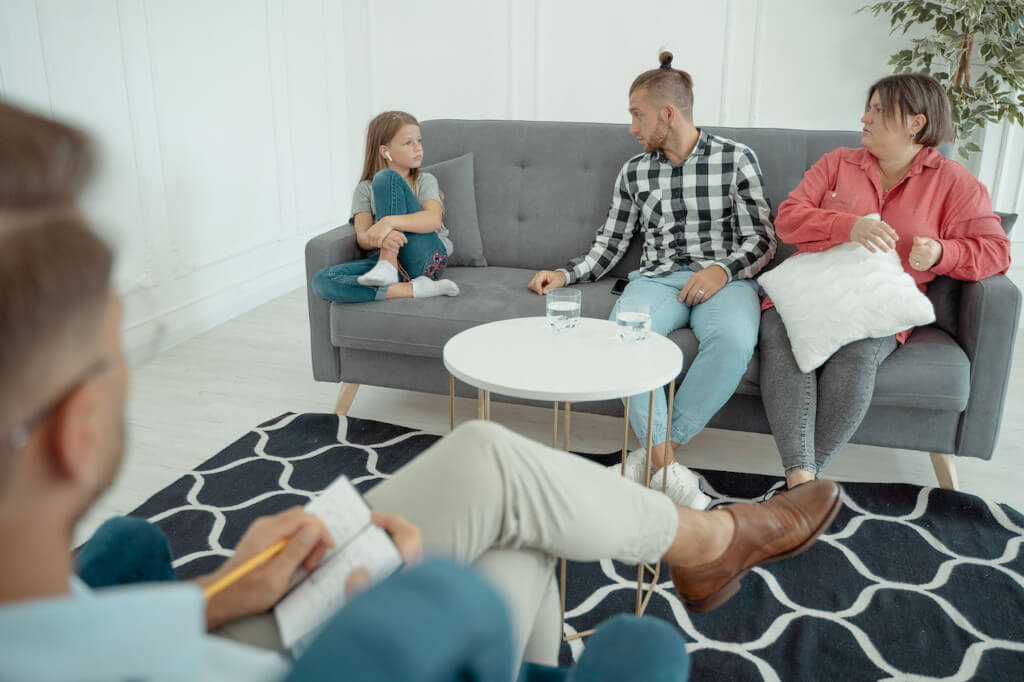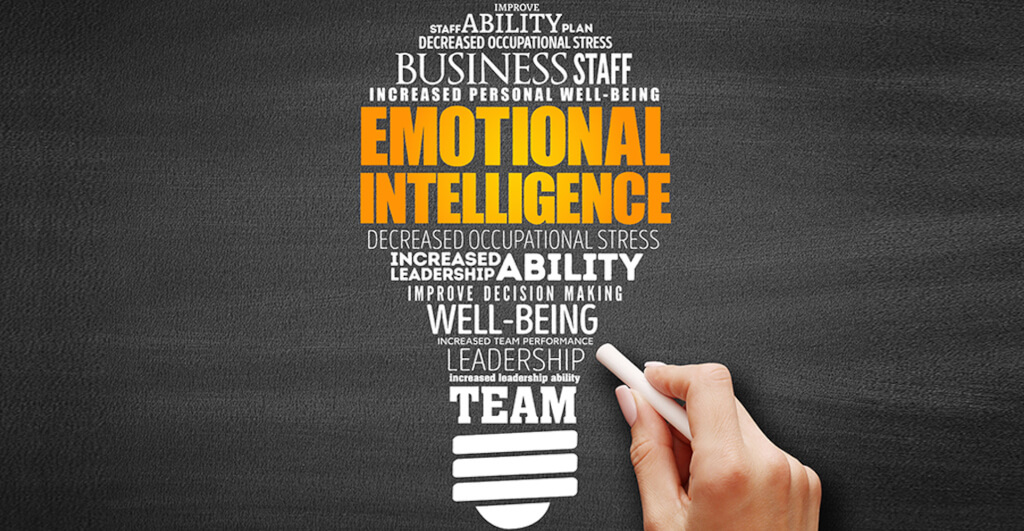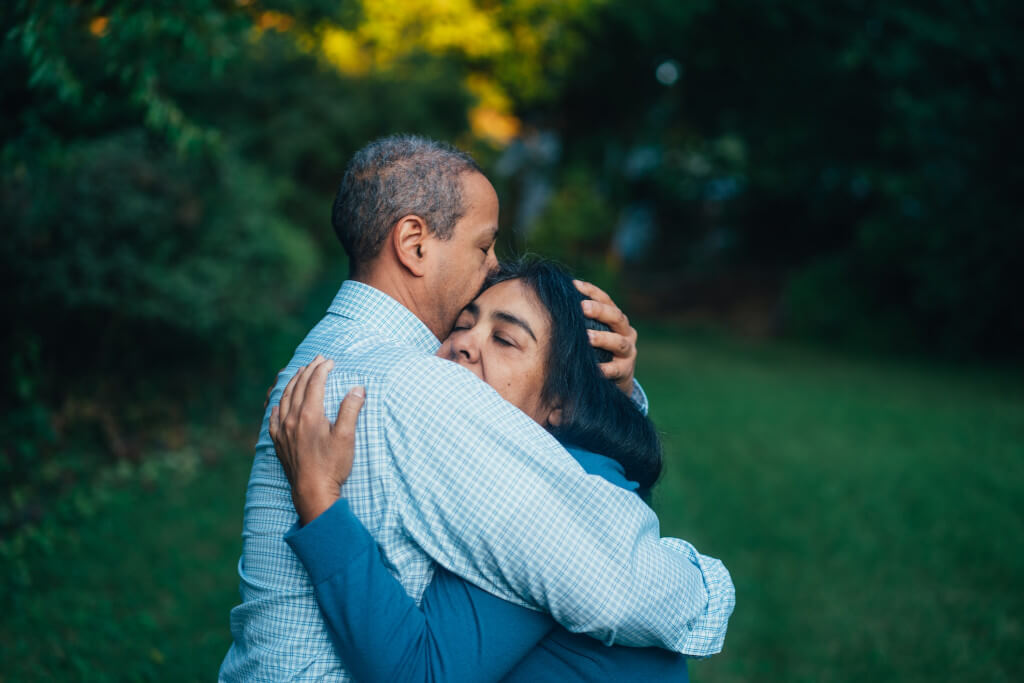So, What Exactly is Family Counselling?
Family counselling, often known as family therapy, is a treatment approach for improving communication and conflict resolution within a family unit. The purpose is to diagnose and solve family issues. These difficulties may originate in the mind or the heart, or even in the body and behaviour.
Family systems theory provides a foundation for many therapeutic techniques used with families. This shows that families are systems rather than collections of individuals. Family systems theory posits that when one member of the family changes, the rest of the family will inevitably feel the ripple effects.
In Comparison to Family Counselling, What Distinguishes Family Therapy?
In common usage, “family therapy” and “family counselling” mean the same thing. Individual and family counselling are similar in that they both use talk therapy to assist people to deal with difficulties such as conflict, obstacles, or mental health issues.
Yet a therapist’s credentials may differ from those of a counsellor’s. It is common for a counsellor to simply need a bachelor’s degree to offer broad support to a client. A master’s degree and state certification are prerequisites for working as a therapist. Substance abuse patients are a common clientele for counsellors. A therapist is often the type of practitioner who works with families.
The simplest approach to finding out if a family mental health expert is qualified to meet your needs and what services they offer is to just ask. Families might inquire about the therapist’s method of treatment at an initial consultation. Information regarding the therapist’s or counsellor’s training and certification is also welcome.
Good Reasons to Seek Family Counseling

The reasons a family may decide to engage in counselling are as varied as the people who make up that family. When a family has tried everything else and still can’t seem to get past their emotional or communication barriers, they may decide to seek help in therapy. They may also try to figure out what caused these issues in the first place so they can prevent them in the future. There are a wide variety of causes and manifestations of strife inside a family. Many different types of disputes are seen by counsellors who work with families:
- Drug and alcohol abuse
- Problematic youth behaviour
- Depression
- Abuse
- Challenges in Parenting
- Insufficiencies in development
- Abuse by a spouse in an intimate relationship
The members of one family may be at the centre of a dispute, but members of other families typically become involved when they try to intervene. Seeing a therapist versed in family systems theory at this juncture could be beneficial. Interactions inside and beyond the family are emphasised in family systems therapy. Instead of focusing on the disadvantages of one person’s conduct, a family counsellor can assist a family to create resilience by emphasising the systems inside and around the family.
Positive Effects of Family Therapy
Deals with Heartbreak
The loss of a loved one or treasured possession can be incredibly painful. Relocation, job loss, bankruptcy, and chronic or terminal illness are just some of the other life changes that can be devastating to a family. To help family members cope with and eventually move past the loss or change, counselling services are available.
Facilitates Better Lines of Contact
When tensions grow in a family, communication is the first thing to go. Communication breakdown makes problem-solving more challenging. Family counselling can “break the ice” and encourage open, honest communication among family members by providing a safe space for them to do so. The counsellor can facilitate a more constructive exchange of information and open the door to healing during this time.
Improves Communication and Bonds Within a Family
Conflicts that aren’t addressed and resolved inside a family might hurt the closeness of its members. You can learn a lot about each other and how to communicate better by seeing a family counsellor. Family members who want to repair their relationships through communication can benefit from attending counselling sessions with the family as a whole.
Offers Compassionate Help for Tough Problems, including Substance Abuse
The emotional toll of one family member’s destructive behaviour can be felt by all members. A counsellor can help the family work through these issues and find ways to move forward together. Substance addiction counselling can also help mend emotional wounds.
Promotes Confidence and a Healthy Self-Image
Fostering a sense of pride in oneself is a crucial role for parents to play. When lacking it, youngsters are more likely to be negatively affected by transitions in their lives. By re-establishing this crucial trait, family therapy helps adults and children alike feel more positive about their contributions to their families and communities. When everyone in the household has high levels of confidence, everyone benefits from increased happiness and success.
Fosters Emotional and Physical Well-Being
The mental and physical benefits of a peaceful, stress-free environment cannot be overstated. When family members are empathetic towards one another, they create a more peaceful home environment. To get there, though, some families require outside help. Family therapy can teach people skills that improve communication and cooperation within the family, which is especially useful in trying times. The family may find productive ways to deal with the problems with the assistance of a counsellor.
Offers a New Way of Looking at Problems
An experienced counsellor can help families identify the underlying problems that are hindering their relationships and develop strategies for resolving them. Your family counsellor will help you and your loved ones see things in a fresh light so you can explore the problems more thoroughly.
Instructs Balanced Methods of Handling Challenging Conduct
The ripple effects of a member’s problematic behaviour on the household can be far-reaching. Anger and suicidal ideation are only two of the many behavioural problems that can be helped through family counselling.
Facilitators of Objectives-Setting and -Achievement
When a family seeks counselling, everyone has the chance to grow and develop. Using a methodical and practical approach, helps families fix problems and improve as a unit so that everyone can succeed.
Creates More Contented Households

When people are having problems, they may want to escape or ignore their problems by playing video games or watching TV. Stressful family members can benefit from counselling since it encourages them to stop avoiding problems and start finding solutions. This fosters mutual appreciation and respect, which are cornerstones of any successful family unit.
When Should a Family Seek Counselling?
Family counselling, in an ideal world, is a preventative service rather than a reactive one. However, families can never be sure which “small” difficulties may balloon into major crises. As a result, there is never a bad time to start and take advantage of family counselling services; whenever you choose to seek the advice of a trained family or marriage counsellor, you may be taking a significant step towards stronger family ties.
- The Primary Difficulties That Couples Encounter in Their Relationships
- Places To Go If You Want to Meet New Friends Or A Potential Partner
- Advice on How to Reconnect You With Your Partner
- There Are Shocking Medical Benefits Associated With Romantic Love
- How to Be a Support System for Someone Who Is Depressed
- What Is Codependency and What Is the Treatment for Codependency?
- Outside of the Workplace, Can Employees and Managers Have Friendships?
- Parents should “Quit Worrying About When They Should Get Their Child a Phone Because It Doesn’t Make a difference”
- What Are Some Helpful Hints for Maintaining a Happy Relationship?
- Taking Responsibility for the Care of Your Family
Because of the focus on concrete, manageable outcomes in family and marriage therapy, treatment plans tend to be concise. Therapists who specialise in marriage and family work towards an “end in mind,” ensuring that the skills and techniques their clients gain in treatment are transferable to life outside of the office. Click here for more information.








